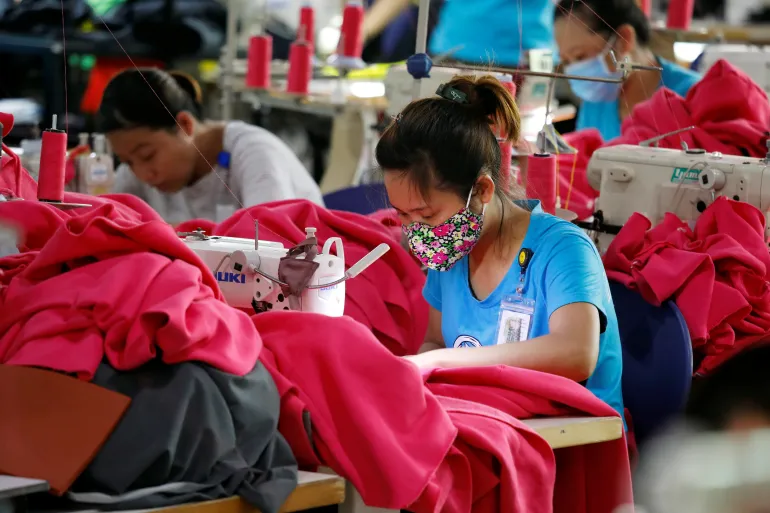In a recent development that has drawn international criticism, Vietnam has been reported to increase its control over workers and labor unions, actions that starkly contrast with its commitments to the United Nations regarding labor rights and freedoms. According to human rights watchdogs, this move signifies a step back in the country’s progress toward labor reform and poses significant concerns for the future of workers’ rights in Vietnam.
The Discrepancy Between Promises and Practices
Vietnam’s government has been under scrutiny for its labor practices for years. Despite pledging to the United Nations to uphold and protect workers’ rights, recent reports from human rights organizations indicate a tightening grip on labor movements and unions within the country. This crackdown includes restrictive measures on union formations, labor protests, and collective bargaining—essential elements of workers’ rights globally.
Increased Government Control
The heart of the issue lies in the government’s enhanced control mechanisms over workers and their ability to organize. New policies and legislative amendments have been introduced, making it increasingly difficult for independent unions to operate and for workers to voice their grievances or demand better conditions.
Impact on Independent Unions
Independent unions, long seen as a beacon of hope for labor rights in Vietnam, are facing unprecedented challenges. These organizations have been pivotal in advocating for workers’ rights, fair wages, and safe working conditions. However, the increased restrictions have severely hampered their operations and effectiveness, leaving many workers vulnerable.
Vietnam’s International Pledges
Vietnam has been part of several international agreements and pledges, promising to improve labor rights and align its practices with global standards. This includes commitments under the Comprehensive and Progressive Agreement for Trans-Pacific Partnership (CPTPP) and the European Union-Vietnam Free Trade Agreement (EVFTA), both of which include clauses aimed at promoting labor rights and union independence.
The Role of International Pressure
International bodies and trading partners have repeatedly called on Vietnam to honor its commitments to labor rights. The discrepancies between Vietnam’s international pledges and its domestic actions have not only drawn criticism but also raised questions about the effectiveness of international agreements in promoting human rights.
Implications for Workers and Global Trade
The tightening control over labor movements in Vietnam has significant implications, not just for the workers themselves but also for international trade relations. Compliance with labor rights is increasingly becoming a critical factor in global trade agreements, and Vietnam’s actions could potentially jeopardize its trade privileges and partnerships.
The Future of Labor Rights in Vietnam
As Vietnam continues to grow as a major player in the global economy, the international community’s focus on its labor practices will likely intensify. The country stands at a crossroads between fulfilling its economic ambitions and adhering to international labor standards. The ongoing crackdown on workers and unions will undoubtedly be a key issue in this balance.
The recent reports of Vietnam’s increased control over workers and labor unions highlight a concerning trend for labor rights in the country. Despite international pledges to the contrary, the Vietnamese government’s actions suggest a move away from the promised reforms. For Vietnam to truly advance on the international stage, it must reconcile its economic aspirations with the fundamental rights of its workers. The international community, along with local activists and independent unions, will play a crucial role in monitoring these developments and advocating for genuine labor reform in Vietnam.
